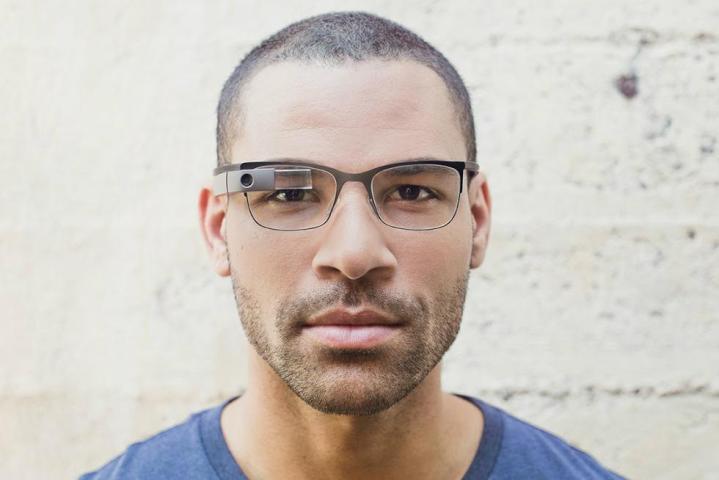
Google has been sending lobbyists to a number of US states where legislators are considering restricting the use of Glass behind the wheel.
The Mountain View company is clearly keen to act early, possibly fearing that any early legislation banning the use of Glass could snowball, with other states feeling compelled to follow suit soon after. If the new tech hits the market with driving bans across the country already in place, it could seriously diminish the appeal of the specs for some consumers.
Google is known to be lobbying legislators in at least three US states –Illinois, Delaware, and Missouri – while at least eight states across the country are looking at the possibility of restricting the use of Glass, Reuters said Tuesday.
Illinois state Senator Ira Silverstein, a Chicago Democrat who introduced a bill proposing restrictions on Glass at the end of last year, said he had met a number of Google lobbyists who were hoping to “kill” the bill.
‘It may have a place in society’
Delaware Republican Representative Joseph Miro, who is also looking to restrict the use of Glass behind the wheel, told Reuters that he wasn’t against Google’s wearable tech, and that “it may have a place in society.” He added that his primary concern is that “while you are driving, you should have nothing that is going to impede the concentration of the driver.”
When Reuters asked Google about its lobbying campaign, the Web giant responded by saying that “tech issues are a big part of current policy discussions in the US,” and that it was “important” to be involved in such discussions.
A dangerous distraction?
With Google already testing Glass in the field with its army of Explorers, it was probably only a matter of time before one of them had a run in with the authorities while testing out the device in the car. Cecilia Abadie was accused by a California cop of “driving with monitor visible to driver” last year, though the case was dismissed by a court in January.
While critics of Glass believe the wearable tech could be a dangerous distraction for drivers, with its display flashing up a potentially vast range of information, Google is likely to be arguing that far from being interfering, it could actually aid a driver, with data such as turn-by-turn navigation directions and road conditions appearing ahead of the driver’s eye, eliminating the need to look across to a conventional car navigation system or fiddle about with a smartphone.
Indeed, having tried Glass, DT’s mobile editor Jeffrey Van Camp found that it was in no way a distraction. “It sits on your face, requires virtually no physical interaction, and doesn’t block your vision,” Jeffrey said, adding, “Its screen appears to float about a yard in front of your eye, in the upper right corner of your vision. It’s not big, it moves with your head (so you can easily move it out of the way), and you can see through it.”
To date, no states have imposed restrictions on the use of Glass while driving.
Editors' Recommendations
- How to save your data from Google’s purge of inactive accounts
- Google Maps directed man to drive off collapsed bridge, lawsuit claims
- Google is bringing its futuristic AR glasses to the real world … kind of
- 10 years on, Google Glass is still a Google I/O high point
- Google just banned call-recording apps from the Play Store


